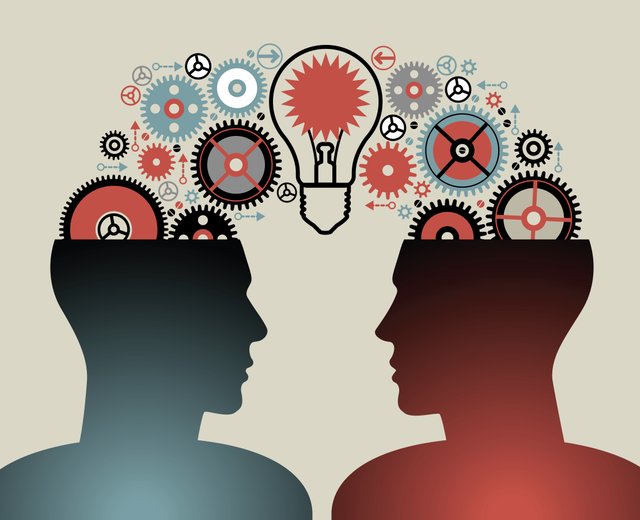
SECRET ANCIENT TEACHINGS: KNOWLEDGE

There are many ancient teachings that were used (and still are used) to improve one's quality of life. These teachings were not taught to everybody because knowing human beings, we often tend to use things for self gain. Another reason why it was not taught to everybody is because the bearer's of this knowledge wanted to make sure that whoever they were passing it on to was ready for it. The student had to have a certain level of awareness to really understand the value of the teaching.
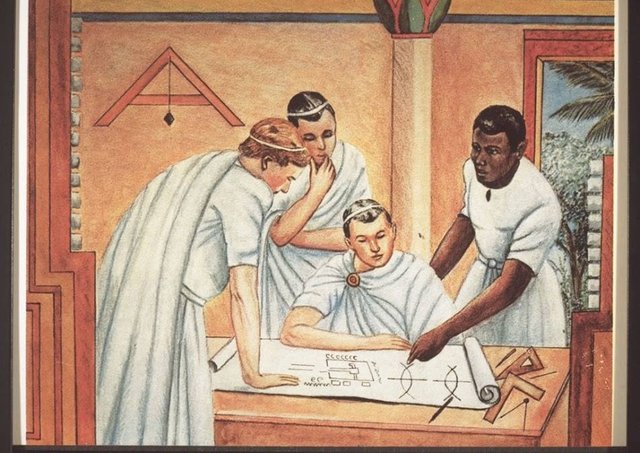
We can see the preservation of such knowledge in clubs such as the Freemasons, who teach fellow initiates certain principles in an attempt to bring about improvement. Many documents say that Freemasonry began in 18th century England, this may be true, however the practice of passing on valuable knowledge through mystery organisations dates as far back as 5,000 years ago in Kemet (ancient Egypt), arguably even earlier.
To give you an idea of how powerful these teachings are, lets have a look at the movement of this knowledge:
Kemet (Egypt) > Greece > Italy (especially Rome) > > > .... as the Roman culture was introduced into other countries, so were the teachings.
Reality is that the knowledge was spread to other countries and areas of the world as well, but the reason I am highlighting these three is because they all have something in common. They each used these teachings to:
- Build an empire.
- Create a thriving culture.
- Encourage inventors and pioneers.
- Develop advanced technology.
- Leave their mark.
EXAMPLES OF THE MOVEMENT OF KNOWLEDGE THROUGHOUT HISTORY

Probably the most famous and influential philosophers in human history.
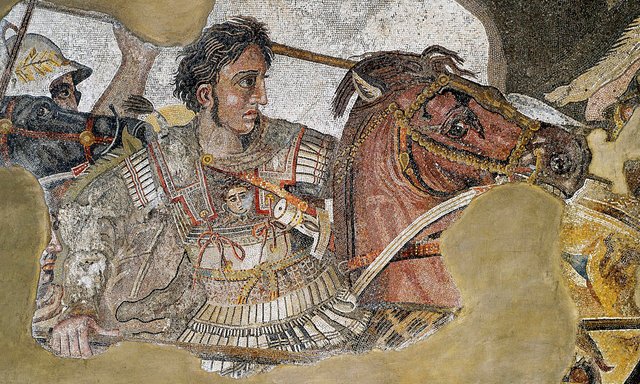
Alexander the Great invades and conquers Egypt. It is now ruled by the Greeks. 332 BC.
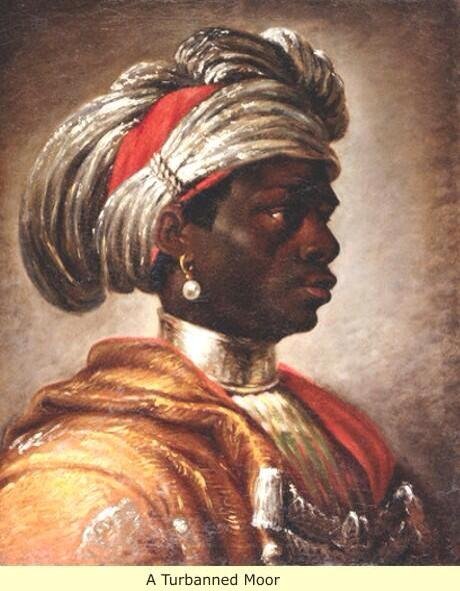
The Moors, who ruled Spain for 800 years, introduced new scientific techniques to Europe. Scientific progress in Astronomy, Chemistry, Physics, Mathematics, Geography and Philosophy flourished in Moorish Spain. Reign started around 711 AD.
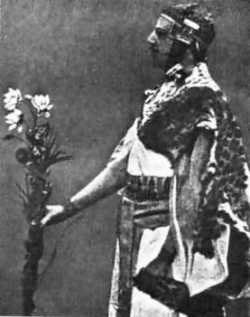
The Order of the Golden Dawn was a British club in the 19th Century that used ancient Jewish mysticism, Kemetic (ancient Egyptian) teachings, Astronomy, Paganism and Alchemy in an attempt to transcend human potential. The Order destroyed itself because of disagreements and greediness within their leadership.
We can see in the picture a British man, Samuel Liddell MacGregor Mathers, a member of the Golden Dawn dressed in Kemetic clothing for a ritual.
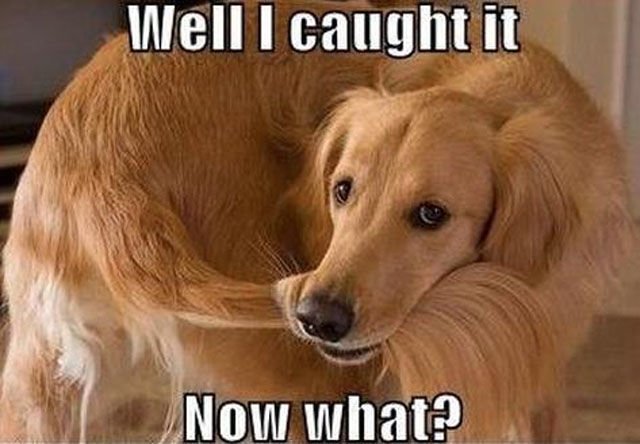
So we can clearly see that valuable knowledge has been moved around the world. Sometimes used for good, sometimes used for bad, nevertheless it has ALWAYS been intended for a greater understanding of existence and the betterment of mankind.
There are many different teachings, each one with a different purpose and each one directed at a different area of life. It would take an extremely long time to go through everything, plus I don't know everything, so I am going to share with you possibly the most important teaching of them all.
Before I do though, it is important to understand that there are actually laws in life that cannot be ever changed. These laws are found in the smallest of organisms, to the largest galaxies in space. They are constant and infinite. When we work against these laws, that's when we experience suffering, but when we work with them, we thrive and prosper.
If you would like to know more about Universal Law, this video is great from lecturer Manly P. Hall:
FIRST AND SECOND-HAND KNOWLEDGE
Knowledge is information that has been given to us. We consume information in various ways: reading books, watching TV, listening to music, looking at advertisements, speaking with people, observing nature and more. Most of our knowledge is made up of second-hand information, what I mean by this is information that is from someone else's knowledge or opinion. First-hand knowledge is obtained through experiencing something. Both first and second-hand can be helpful or unhelpful:
EXAMPLES OF FIRST-HAND
- Trying a new food dish.
- Bungie jumping.
- Eating nuts and swelling up. Then you realise that you are allergic to nuts.
EXAMPLES OF SECOND-HAND
- The Earth is round.
- Wikipedia.
- Your friend telling you why they like to listen to Drake.
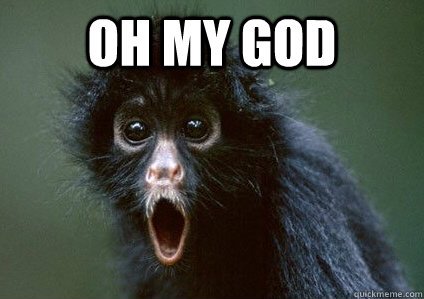
THE KNOWLEDGE EFFECT
The reason that it is so important to understand how knowledge works, is ultimately to help you make better decisions in your life.
Let's look at the journey of knowledge:
Experience/Other's Knowledge >> Information >> Your Knowledge >> Your Perception >> Your Decision Making.
Here's a short scenario to help us paint the picture:
You are walking in a cave. You have been lost in this cave for several days now, unable to find the way out. You come to a fork where you can go left or right. Last time you came to a fork in the cave, you turned right, fell down a hole and broke your leg. You decide to go left and start heading in that direction, when a man randomly appears in front of you and says, "please don't go this way, there is a hole ahead and you will surely drop to your death, however if you go right, you will find the exit to the cave." Before you can ask him anything, he disappears...Poof! You now have a dilemma: Turn left and rely on your experience? Or turn right and listen to the strange man? You decide to turn right and surely enough you find the exit 50 metres ahead.
Even though this is an extreme example, can you see now how knowledge can change you perception and ultimately affect your decision making in life? A word we have given to this process is 'learning'.
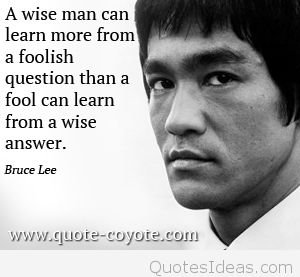
THE WISEMAN VS. THE FOOL
Now that we understand how knowledge affects our decisions, we can use this to improve the quality of our lives. The application of knowledge to make better decisions in our lives is often called 'wisdom', 'foolishness' would be the opposite.
This is how we should use knowledge:
Learn (acquire knowledge from quality sources of information)
Apply (use acquired knowledge to make better decisions)
Teach (share acquired knowledge to improve the lives of others)
Notes
Be aware of where you are getting your knowledge from.
- Does this person have my best interest's at heart?
- Is this information coming from a reliable source?
- If this person is giving me advice, are they an expert?
- Is it worth experiencing this first-hand or is it better to learn it second-hand?
Learn more
- To become better at something, become more knowledgeable about it through experience or by taking in information from a quality source.
Be wise
- Use your knowledge to make better decisions in your life. Only a fool would do otherwise.
Teach
When you pass on your knowledge you are not only helping others, you are also helping yourself because when you are teaching you are also learning. This is actually a well known technique known as the Protege Effect. To learn more please visit http://ideas.time.com/2011/11/30/the-protege-effect/
Don't teach what you don't know. We can often find ourselves giving advice or trying to teach someone else something that we actually do not know anything about or do not know enough about. This actually doesn't help them because we may be teaching them inaccurately. This inaccurate information then becomes their knowledge, which they then might use to make decisions about things or even worse pass it on to another person.
Eg. Advising someone to buy an iPhone, when you have never used an iPhone. They then buy the iPhone, but are soon disappointed because they wanted to bluetooth transfer some files from their PC, which they are unable to do with the iPhone.

If you enjoyed this read, please upvote and leave a comment. All feedback is appreciated :)
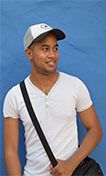 Hezron
Hezron
Great post
Downvoting a post can decrease pending rewards and make it less visible. Common reasons:
Submit
thanks
Downvoting a post can decrease pending rewards and make it less visible. Common reasons:
Submit
Fantastic post! I wish I had found this sooner so I could resteem it and my upvote would have an effect.
Downvoting a post can decrease pending rewards and make it less visible. Common reasons:
Submit